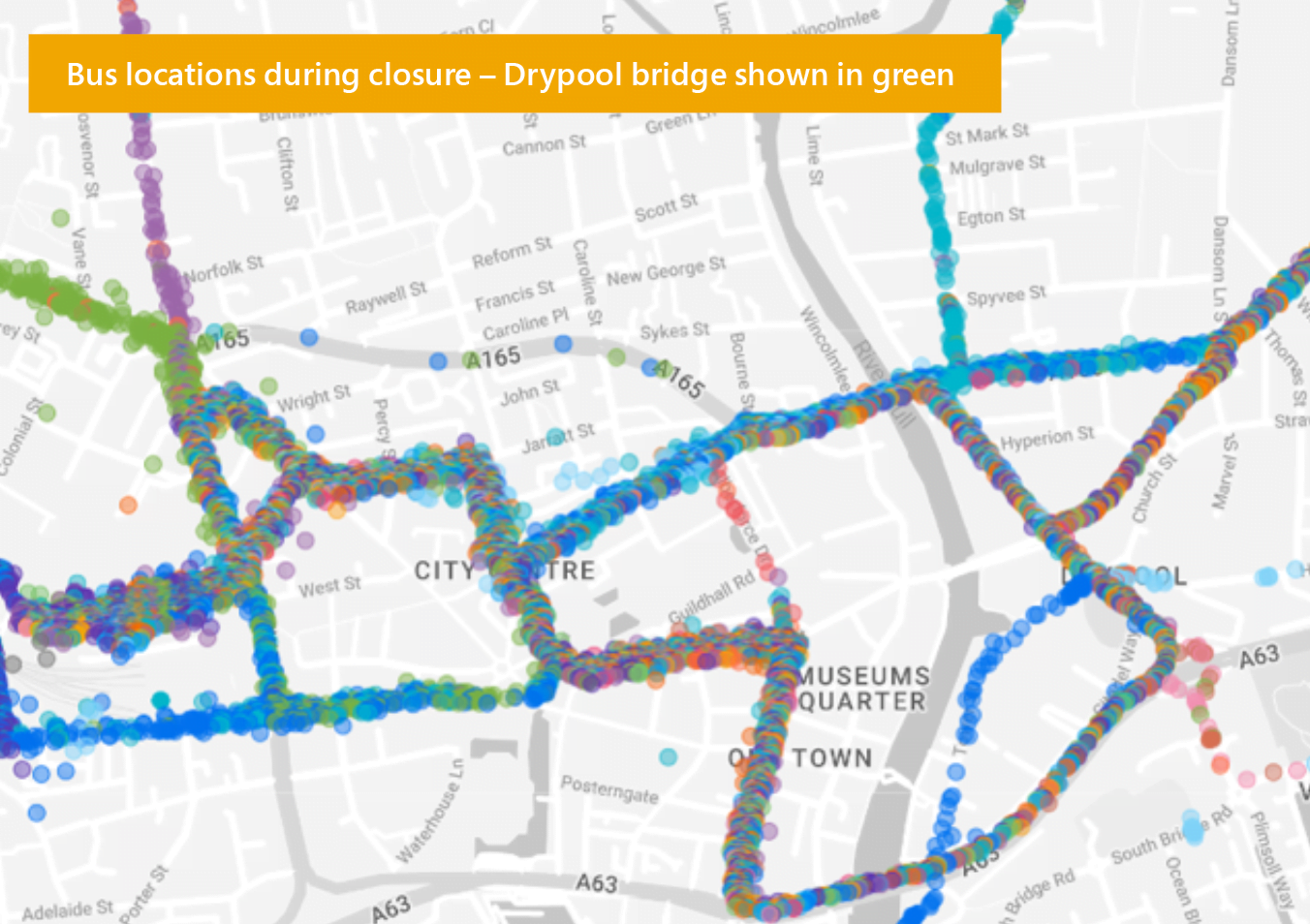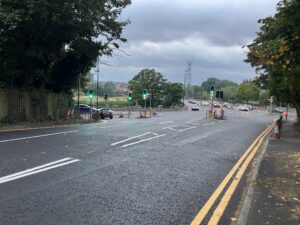The DfT’s recent traffic signal fund was driven by the need for change on our road network. The fund, which rewarded 100 local authorities with investment to upgrade or make their traffic signals more efficient, will positively impact local communities in many different ways. The subsequent Intelligent Traffic Management Fund (ITMF) will provide a further £20m of funding to showcase new forms of traffic management.
Traffic congestion is a £15bn annual problem for the United Kingdom and is a danger to thousands of lives each year due to traffic-related air pollution.
In addition, on average, British drivers lost eight 80 hours year in traffic, up from 73 hours on the previous year, costing the country £9.5bn, according to the 2022 INRIX Global Traffic Scorecard.
From managing congestion to improving air quality and bus reliability , traffic signals play a huge role in helping improve our communities by providing a platform for better places to live, work and travel.
But managing traffic signals can be complex.
At the moment, the traffic management industry relies upon outdated systems with a replacement cycle of 10 to 20 years that are expensive to install and replace.
While these systems work well for small areas with predictable traffic flow, on their own, they are no longer suitable for the complexity and scale of traffic management in the modern age.
There is already a solution, however, that utilises Artificial Intelligence (AI) and has begun transforming traffic flow on roads through a new form of smart urban traffic management using AI.
Earlier this year, Simplifai Systems Ltd had its patent (GB2598661) granted for a new goal centred traffic management system created alongside the University of Huddersfield’s AI experts.
Professor of AI Mauro Vallati and the Computer Science research team, including Dr Rongge Guo, Saumya Bhatnagar, and Dr Francesco Percassi, have been working with Simplifai on the use of AI to help reduce congestion and air pollution.
The system has already been successfully deployed in West Yorkshire and Humberside, but the patent approval is key to progressing their innovation further.
Using AI, Simplifai generates real-time traffic control strategies to solve complex issues that are currently poorly managed.
The Simplifai approach is to allow AI to tackle many different traffic problems through simple software configuration and AI reasoning, rather than new hardware deployment.
It can change traffic signal timings across a city to achieve a particular goal, through the manipulation of traffic flow and road occupancy.
This allows local authorities to address common traffic problems such as relieving routine or unexpected congestion, moving people to and from major events such as concerts or sports matches, quickly and safely, reducing air pollution or redistributing it to areas where it causes less human harm and maintaining effective traffic flow around roadworks or traffic incidents.
The AI technology can access existing information on congestion, traffic signals, bus movements, incidents, and air quality to generate real-time strategies to solve traffic control issues.
The data from the Simplifai system can be used to help local authorities with decision-making. This data can be used to provide triggers for management dashboards to aid decision making and automate approved interventions – freeing operational management time and enabling councils to become more efficient and effective.
Positive outcomes can include:
• Reduce corridor issues relating to queuing, journey times and general congestion.
• Adapt due to changing modal volumes and sustainable travel mode priorities on key corridors.
• Improve bus reliability through early interventions to manage priority and journey times.
• Tackle pinch points on the network to ease congestion.
• Implement plans to manage traffic around roadworks, planned events or un-planned events.
• Address cross-vertical authority traffic issues, e.g. health service impacts on road traffic
In October 2021 Kirklees Council, University of Huddersfield and Simplifai Systems launched a joint initiative to introduce AI into the management of traffic in Kirklees.
The ASPECT Project was created which included creating a data warehouse, deploying analytical tools to visualise data and draw out traffic performance insights, creating user dashboards, and deploying the practical AI planner tool.
The traffic forecast capability of the AI Planner was successfully used to forecast the traffic flows for the Muse concert at Huddersfield football stadium on 20th June 2023. Plans were loaded into the traffic control systems and triggered using commands via the local UTMC.
• The AI Service generated a range of traffic signal plans with the goal of alleviating traffic along the Wakefield Road corridor.
• The results confirmed the modelled prediction of more than 8% reduction in congestion before the event and up to 68% reduction in delays after the event when compared to outcomes from similar events (football matches and concert) in the past.
• In relation to the event traffic, a local taxi driver delivering concert goers commented that he “had never seen it so quiet!” as a result of maintaining the free-flowing traffic before and after the event.
Keith McCabe, Co-founder and Director of Simplifai said: “What we have created is the next generation of traffic management systems that uses data in a way that better informs local authorities to help them make decisions that lead to improvements based on the most accurate and best possible evidence.”
PIC: Simplifai Systems
























